Événements

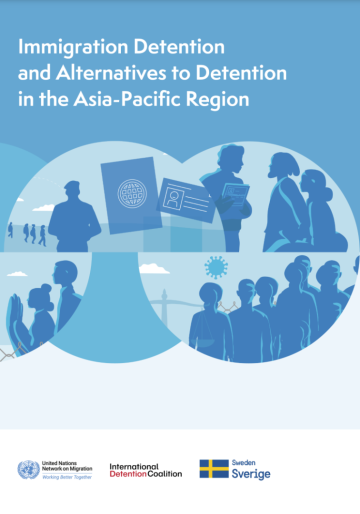

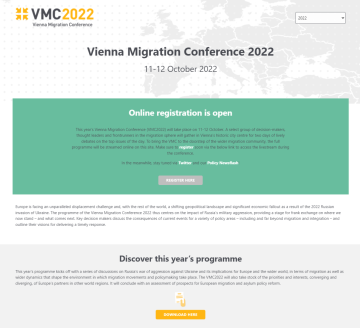
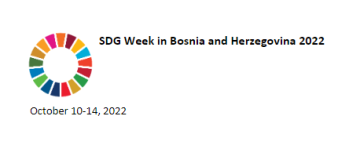
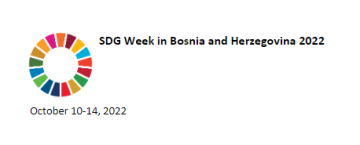
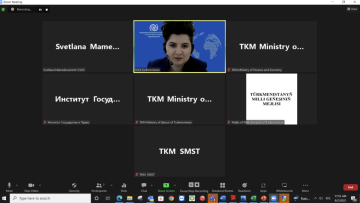
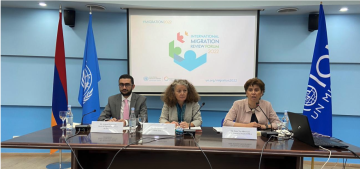

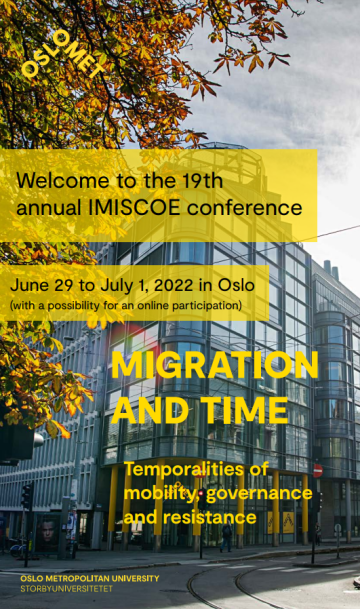
The 19th IMISCOE Annual Conference, entitled Migration and time: Temporalities of mobility, governance and resistance will be held in Oslo from 29 June – 1 July 2022. The opening plenary is to be focused on ‘the temporal turn in migration studies’. Scholars and activists are invited to attend three

The International Labour Organization (ILO), International Organization for Migration (IOM), and Innovations for Poverty Action (IPA) join forces to host a conference on 27-29 June 2022 showcasing new research findings on child labour, forced labour, and human trafficking. There will be many

Caritas Europa is organising this webinar to create a space for dialogue on the EU’s response to people fleeing the conflict in Ukraine and to reflect on inconsistent practices, and policy options for improving the reception of all refugees. More info here.


Join CERC Migration for an international workshop convened by Anna Triandafyllidou, Younes Ahouga and Richa Shivakoti (all CERC Migration) and Binod Khadria (Jawaharlal Nehru University and CERC Migration Scholar of Excellence, opens in new window.) Practitioners extolled the adoption of the Global
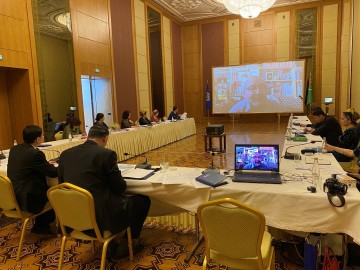
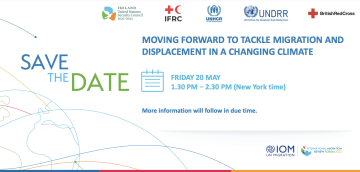
As climate- and weather-related disasters increase in frequency and intensity, peoples’ lives are negatively impacted by the destruction, trauma, and resource scarcity, and affecting peoples’ physical and mental health. The IFRC’s World Disasters Report 2020 states that 83% of all disasters are

The UN Global Compact for Safe, Orderly and Regular Migration included for the first time the role of ethical advertising in confronting intolerance, xenophobia, racism and other forms of discrimination towards migrants. In its Objective 17 it commits States and stakeholders to invest in ethical
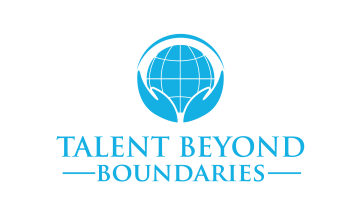
This side-event to the International Migration Review Forum will be hosted by Talent Beyond Boundaries (TBB) and Fragomen on behalf of the core members of the Global Taskforce for Refugee Labour Mobility (GTF). The side event will be conducted in English with representatives from the governments of
The Side event aims to solidify the importance and necessity of community-based work with the best practices of The Turkish Red Crescent. The contribution of voluntary work to the services provided and the facilitating effect of voluntary services in the works will be mentioned. With this event to
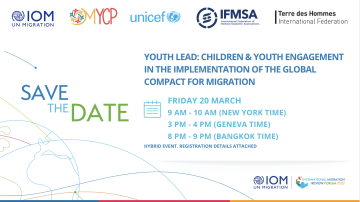
This side event will highlight and discuss the role of children and youth in the implementation of the Global Compact for Migration, and the importance of consulting, collaborating, empowering and engaging them as change agents in ways that enhances their ability to participate in innovation and
Pagination
About the Migration Network Hub
What is the Migration Network Hub?
The Hub is a virtual “meeting space” where governments, stakeholders and experts can access and share migration-related information and services. It provides curated content, analysis and information on a variety of topics.
The Hub aims to support UN Member States in the implementation, follow-up and review of the Global Compact for Migration by serving as a repository of existing evidence, practices and initiatives, and facilitating access to knowledge sharing via online discussions, an expert database and demand-driven, tailor-made solutions (launching in 2021).
Submit your content
What content is displayed in the Hub?
The Hub aims to help you find information on migration, ranging from policy briefs and journal articles, existing portals and platforms and what they offer, to infographics and videos. The different types of resources submitted by users undergo peer review by a panel of experts from within the UN and beyond, before being approved for inclusion in the Hub. To provide guidance to users based on findings of the needs assessment, the content is ordered so that more comprehensive and global resources are shown before more specific and regional ones. Know a great resource? Please submit using the links above and your suggestion will be reviewed. Please see the draft criteria for existing practices here.
Apply to join the Peer Review Roster
Content submitted to the Migration Network Hub is first peer reviewed by experts in the field from both the UN and beyond. Applications are welcomed to join the roster on an ongoing basis. Learn more here.
Contact us
We welcome your feedback and suggestions, please contact us
*Toutes les références au Kosovo doivent être comprises dans le contexte de la résolution 1244 (1999) du Conseil de sécurité des Nations Unies.
Newsletter
Subscribe to our newsletter.